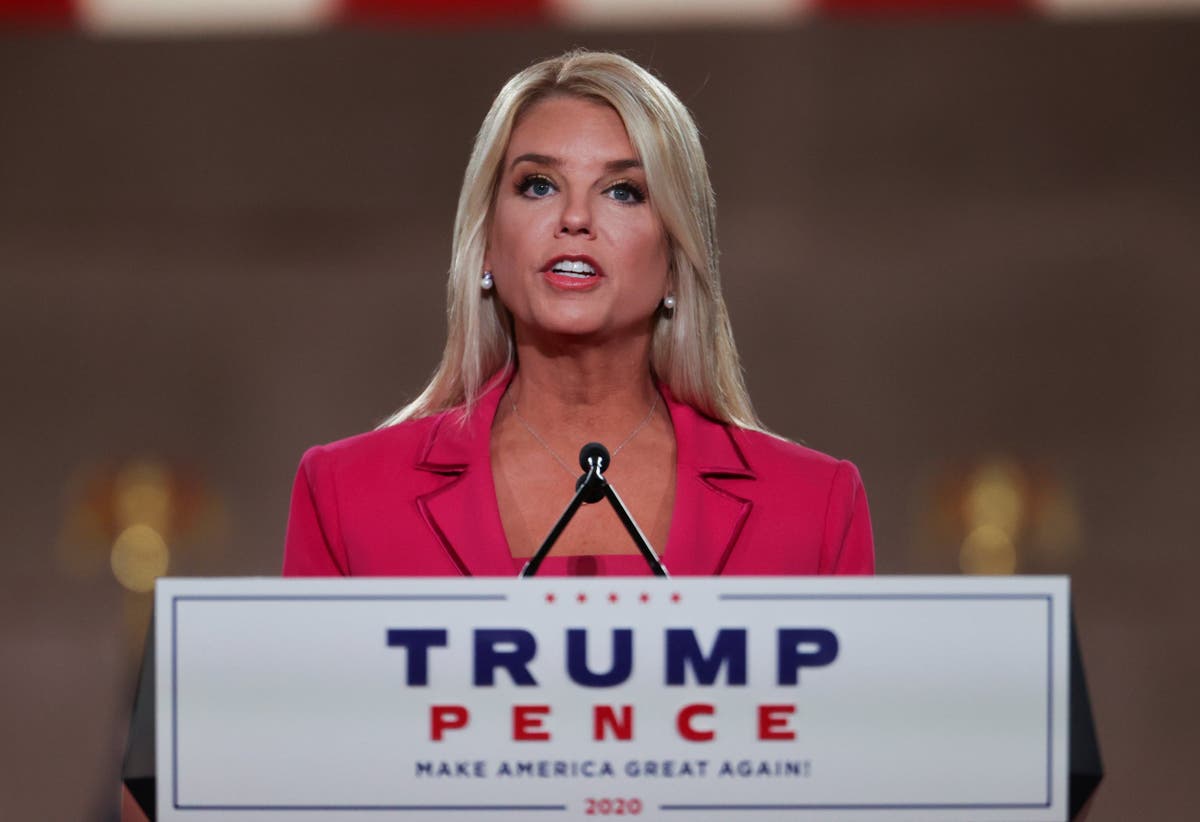
It is amazing how time flies as Governor Godwin Obaseki of the People’s Democratic Party, PDP relinquished power to his successor, Senator Monday Okpebholo of the All Progressives Congress (APC) on Tuesday, November 12, 2024.That day was both bitter and sweet to both Obaseki and Okpebholo. The path to political leadership transition in Edo State has been fraught with personality clashes between outgoing Governor Obaseki and Governor-Elect Okpebholo.
Unequivocably, one of the key issues facing Nigeria’s democratic process is the tendency of governors to choose successors who will cover up their tracks or be easily controlled. This week’s column is dedicated to examining the practice of godfatherism, especially the type where a godfather seeks to “serve” a third term indirectly by making a puppet of their successor. The irony of the succession crisis in Edo State—centered on former Edo Governor and current Senator Adams Oshiomhole and his successor, the outgoing Governor Obaseki—is evident in a photograph of both of them sharing corn on the streets of Benin City.
This image of friends today enemies tomorrow, common amongst political allies, highlights the failure that often results from choosing a surrogate as a successor instead of allowing the electorate to exercise their civic rights to elect their governor freely. It is remarkable that, generally outside of the South-West, the bond between godfather and godson tends to break shortly after formation. The exception in the south-west is likely owed to the fact that their traditional rulers and elders who are highly respected in Yoruba land, often mediate in conflicts between governors and their sucessors/surrogates, before the relationship degenerates irreversibly.
The candid photo, which inspired part of this article’s title—“Eat Corn Today, Corn-flict Tomorrow”—was taken eight years ago when Oshiomhole, then incumbent governor, was campaigning with Obaseki as his chosen successor. There is no doubt that the photo and caption will go down as one of the most creative and fitting representations of Edo State politics after the contentious September 21 gubernatorial elections. It also reflects the tendency of governors to impose surrogates, only to be dissappointed and clash with them after handing over power to their anointed candidates, who they were expecting will be puppets.
From accrinonous outcomes of those who enter such unholy alliances, the need for our governors to seek more efficacius alternatives can not be overemphasised. Godfatherism remains a defining feature of Edo politics. Since the return of multi party democracy in 1999, except for Governor Lucky Igbinedion, who served from 1999 to 2007 without a godfather, most other governors have had influential patrons.
Igbinedion’s successor, Professor Osariemen Osunbor, was backed by the late Chief Tony Anenih, famously nicknamed “Mr. Fix It.” Oshiomhole contested against Osunbor, challenging the election results and eventually winning in court.
This victory elevated Oshiomhole as a “giant killer” in Edo politics, as he had triumphed over the highly respected and accomplished political leader, chief Anenih, the celebrated godfather. Oshiomhole even boasted that he had retired Anenih as a political force. Ironically, the same Oshiomhole, who disrupted Anenih’s reign as the preeminent godfather in Edo State, later became a godfather himself, helping Obaseki secure the governorship eight years ago.
It was during Oshiomhole’s 2016 campaign to promote Obaseki that the well-known photo of the two of them eating corn on the streets of Edo State was taken. This image was used as a photo opportunity to convey camaraderie and continuity in governance, portraying the godfather and godson as grassroots-oriented leaders. The unfolding scenario in Edo State validates the popular aphorism: there are no permanent friends or permanent enemies in politics, only permanent interests.
Nevertheless, it would be a rare feat for Oshiomhole to assume the role of godfather a second time, having played that role during Obaseki’s first term in his two terms tenure. As experience has shown from events in Rivers State—between Governors Rotimi Amaechi and Nyesom Wike during Wike’s first term (2015-2019), and currently between Wike and Fubara (2023 to date)—the godfather/godson bond between Oshiomhole and Okpegholo may be short-lived. The romance seldom last beyond the first term.
As readers may be aware a major political power struggle threatens to stall Rivers state’s progress. This became apparent when “jungle don mature” (meaning “the jungle has matured”) became the rallying cry of Governor Fubara, signaling his break from his godfather, Wike, who is now the Minister of the Federal Capital Territory (FCT). Since then all hell has literally been let loose in Rivers state with allocations from federation account being ordered withheld by court based on legal infractions as determined by the ruling of the judge.
One can only hope that Oshiomhole and Okpebholo will resist the temptation to enter a godfather/godson relationship, which has proven to be ineffective in the long run as both always fallout with dire consequences for the states that they govern, with Rivers and Kano states as typical examples. In reality, what is often derogatorily referred to as godfatherism in politics is actually a form of succession planning, which is critical for leadership continuity. In the private sector, a business leader’s foresight in grooming a successor is typically seen as a commendable virtue.
However, many Nigerians believe that the criteria for selecting successors in public governance are not always altruistic; rather, they are often driven by the personal agendas of politicians rather than patriotic goals or the greater good. Consequently, this practice has acquired a negative reputation. So, basically, Nigerians have become wary of governors imposing their loyalists as successors, rather than basing their choices on objective principles.
As a result, politicians who promote surrogates to succeed them are frequently labeled godfathers. To be continued tomorrow. Onyibe, an Entrepreneur, Public Policy Analyst and Author, wrote from Lagos.
.














